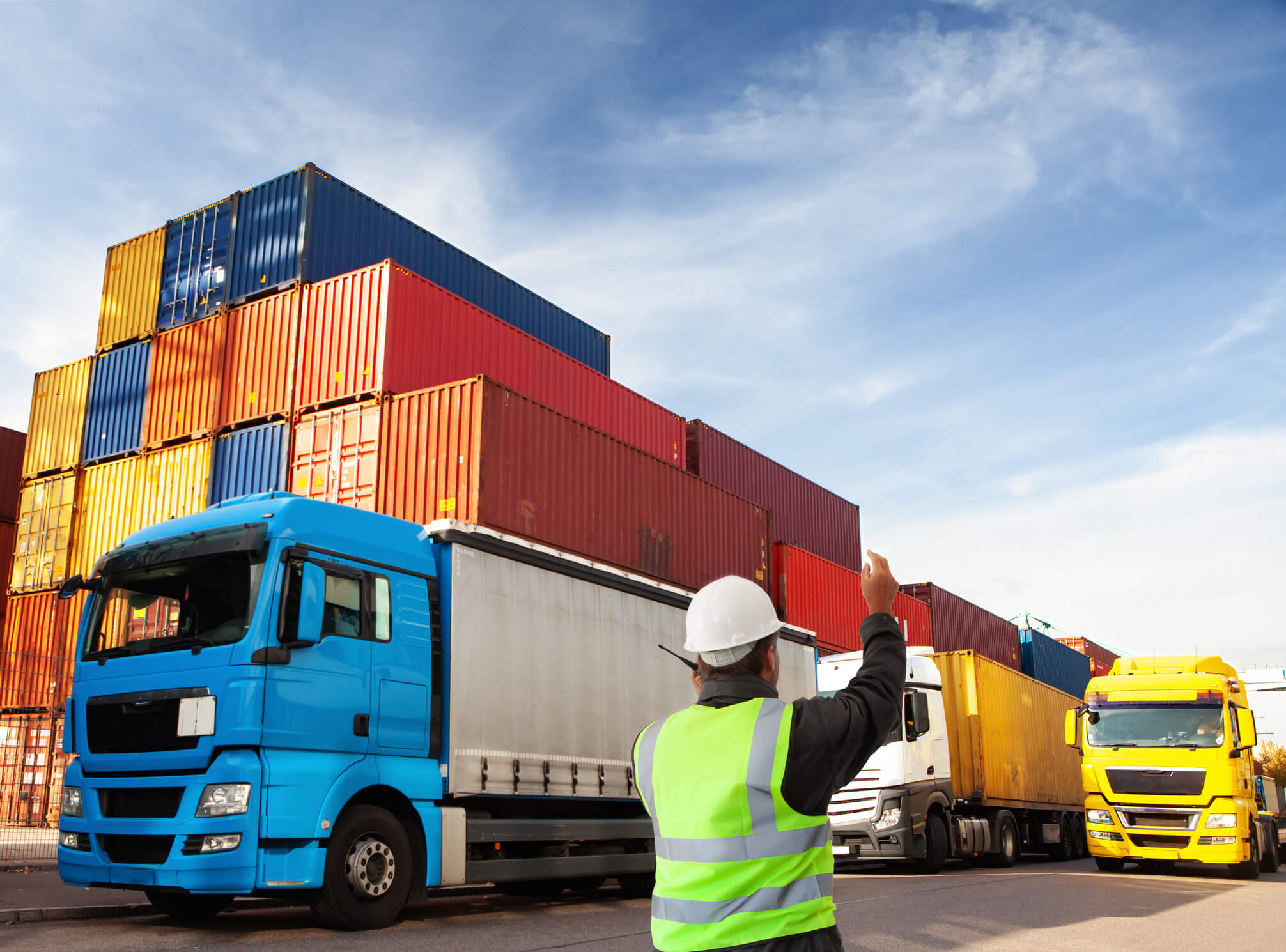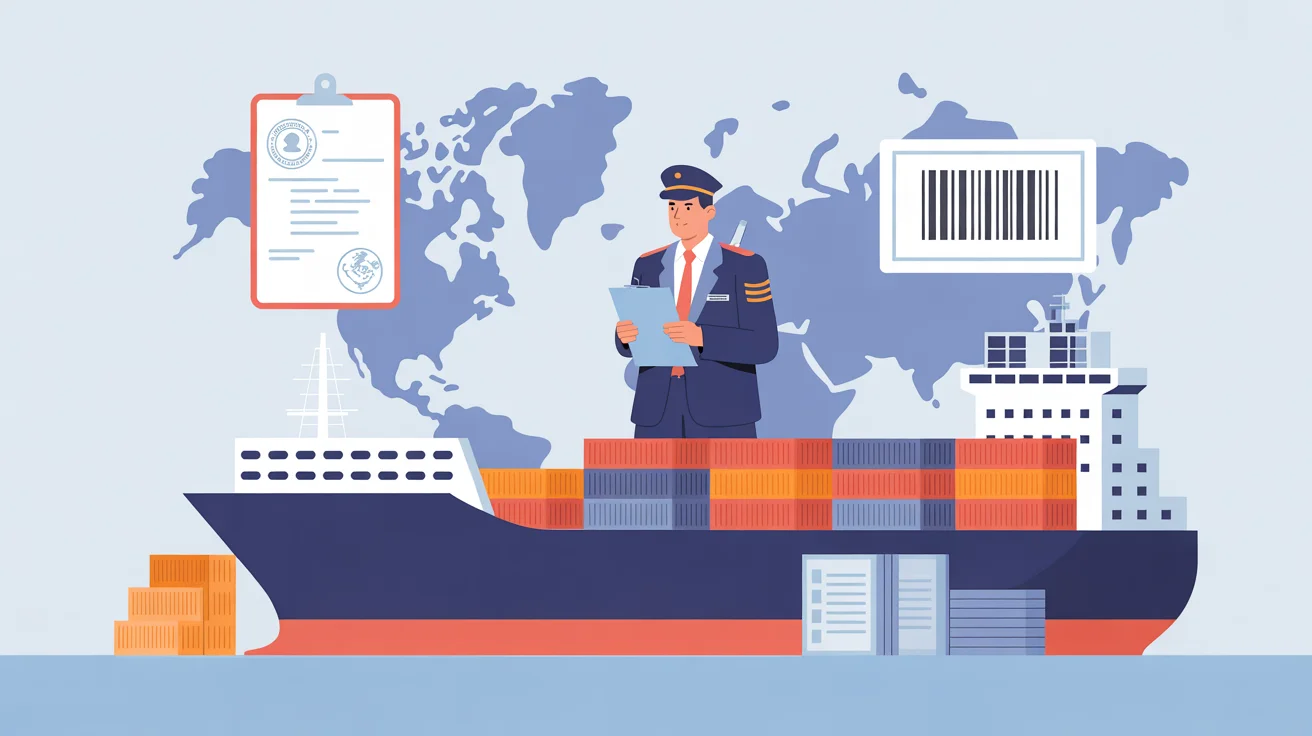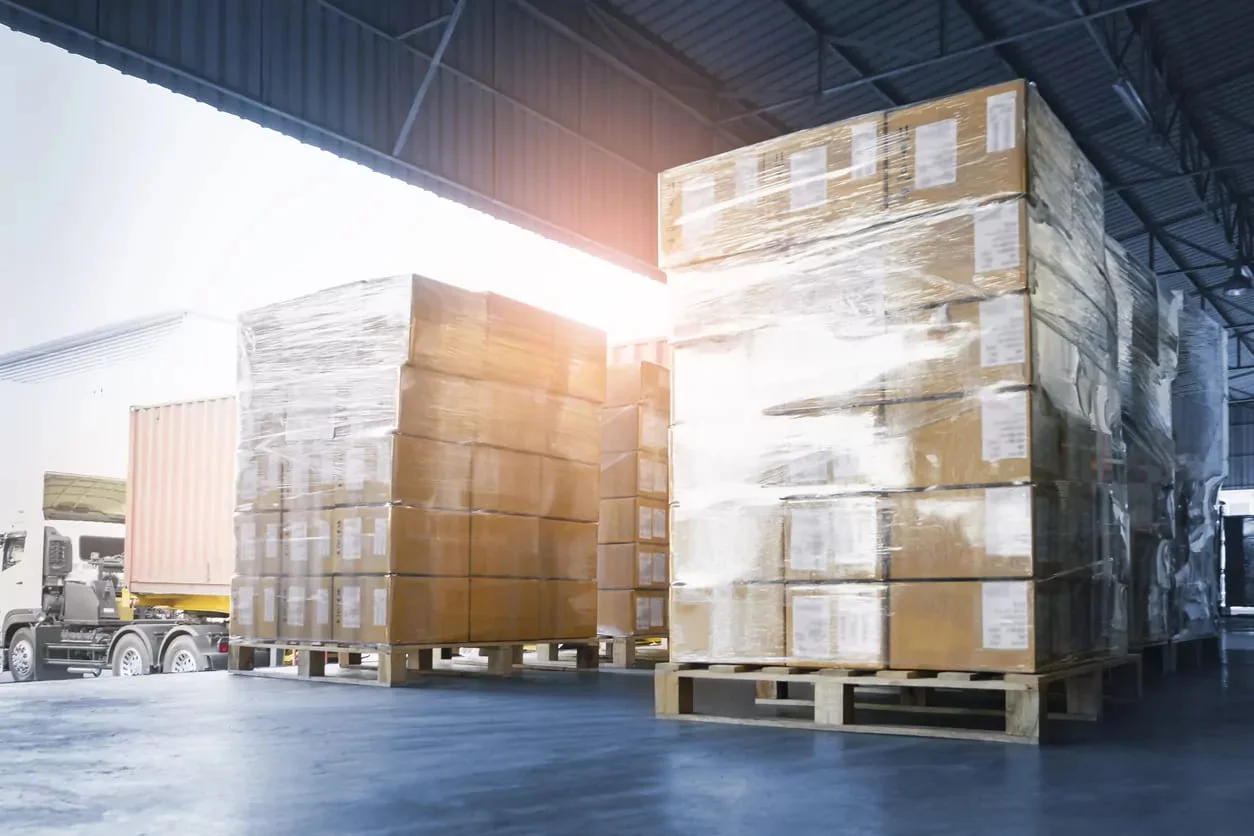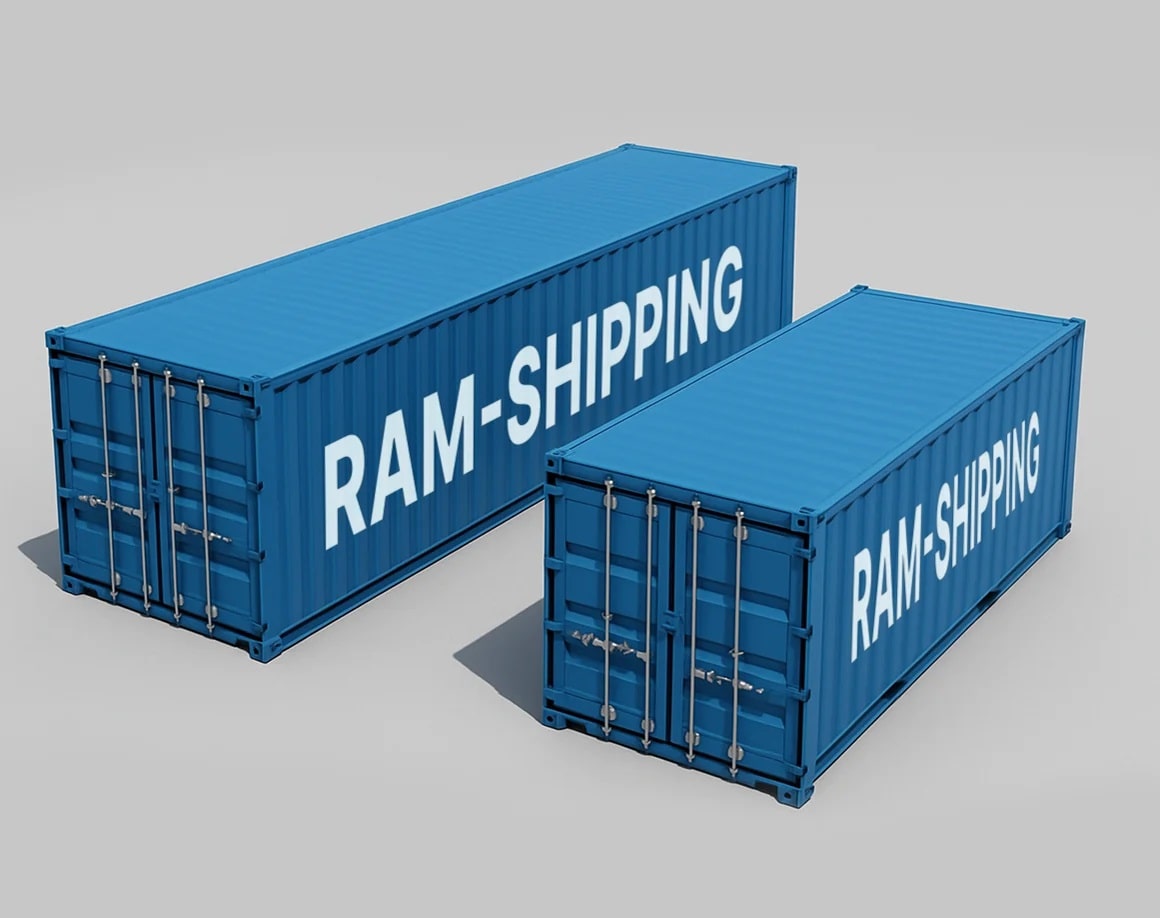
In the world of global trade, a reliable freight forwarder can make or break your business’s supply chain. Freight forwarders are the logistics experts who help businesses coordinate and manage the movement of goods across borders and transportation modes. However, not all freight forwarders offer the same level of service, and choosing the right one can significantly impact your shipping efficiency, costs, and customer satisfaction. This article will guide you through the key factors to consider when selecting a freight forwarder for your business.
1. Industry Expertise and Experience
One of the most critical factors to consider when choosing a freight forwarder is their level of expertise and experience in your industry. Not all freight forwarders specialize in the same markets, routes, or types of goods. For instance, if you’re shipping perishable goods, you need a forwarder with experience in handling refrigerated shipments and navigating the complex regulations around them.
Look for a freight forwarder with a solid track record and an understanding of your business’s unique requirements. The right forwarder will have experience handling shipments similar to yours, providing you with the confidence that they can manage your logistics smoothly.
2. Global Network and Coverage
Freight forwarding is an international business, and the forwarder you choose should have a robust global network. This includes strong relationships with carriers, customs brokers, and other logistics providers around the world. A well-connected forwarder can provide you with better shipping rates, faster transit times, and access to multiple transportation modes, such as air, sea, and land.
Additionally, ensure that the freight forwarder has coverage in the regions where you regularly ship goods. Their presence in these areas can help expedite the process, particularly when dealing with customs clearance, local transportation, and last-mile delivery.
3. Range of Services
When evaluating freight forwarders, consider the range of services they offer. A good freight forwarder should provide more than just transportation; they should offer comprehensive logistics solutions. Some key services to look for include:
- Customs Clearance: Handling customs documentation and ensuring that your shipments comply with international regulations is critical for avoiding delays and penalties.
- Cargo Insurance: Protecting your shipments from potential loss or damage is essential. Ensure your forwarder offers insurance options to cover the value of your goods in transit.
- Warehousing and Distribution: If you need storage or distribution services at your destination, a forwarder with warehousing capabilities can streamline your supply chain.
- Real-Time Tracking: Visibility is key in modern logistics. Make sure the forwarder offers real-time tracking, allowing you to monitor your shipment’s progress at every stage of its journey.
4. Customer Service and Communication
Efficient communication is vital when dealing with international shipments. The ability to reach your freight forwarder quickly, get timely updates, and resolve issues as they arise can significantly impact your operations. Evaluate their customer service quality by asking about their communication channels, response times, and whether you’ll have a dedicated point of contact.
Read reviews or ask for references from current clients to assess how well the forwarder handles customer service. Good communication ensures that any issues, such as delays or customs hold-ups, can be addressed promptly, minimizing disruptions to your supply chain.
5. Pricing and Transparency
While cost should not be the sole determining factor when selecting a freight forwarder, it’s crucial to understand their pricing structure and ensure it aligns with your budget. Freight forwarding costs can vary based on factors like shipping distance, mode of transport, cargo volume, and customs fees. Be wary of rates that seem too good to be true, as they may come with hidden fees or subpar service.
Choose a forwarder that offers transparent pricing and provides a detailed breakdown of costs upfront. This will help you avoid unexpected charges and make more informed decisions about your shipping strategies.
6. Technology and Innovation
In today’s fast-paced logistics landscape, technology plays a critical role in ensuring efficient and transparent operations. Freight forwarders that invest in modern technology can offer real-time tracking, automated documentation, and advanced reporting tools, giving you better visibility and control over your shipments.
Forwarders who embrace innovation are often better equipped to handle unexpected challenges, such as route changes, delays, or fluctuating transportation costs. Look for a forwarder that uses a robust digital platform to manage shipments, streamline communication, and provide up-to-date information.
7. Compliance and Security
Ensuring that your freight forwarder complies with international shipping regulations is vital for avoiding costly penalties and delays. They should have a thorough understanding of the legal requirements in the countries you’re shipping to, including customs regulations, import/export laws, and any other relevant policies.
Additionally, consider the forwarder’s security measures. Are they certified by relevant industry bodies? Do they follow strict protocols to protect your cargo from theft or damage? A forwarder with a strong focus on compliance and security will provide peace of mind, knowing your goods are in safe hands.
RAM International Shipping Your Best Business Partner
Choosing the right freight forwarder is a crucial decision that can have long-term impacts on your business. By considering factors such as industry expertise, global coverage, range of services, customer service quality, pricing transparency, technology use, and compliance, you can select a forwarder that aligns with your business needs. With the right freight forwarder, you can streamline your shipping processes, reduce costs, and ensure your goods reach their destination safely and on time.



